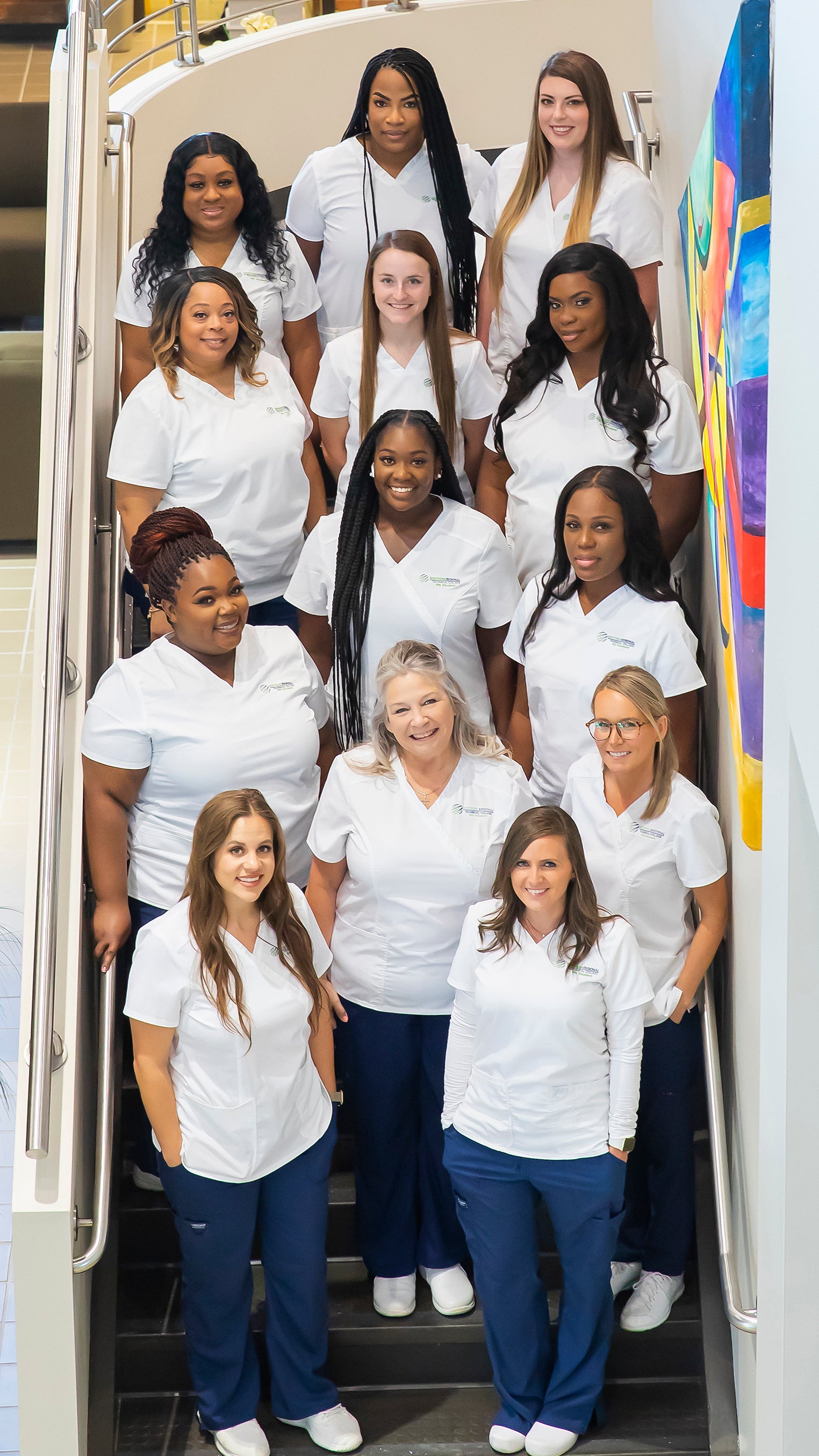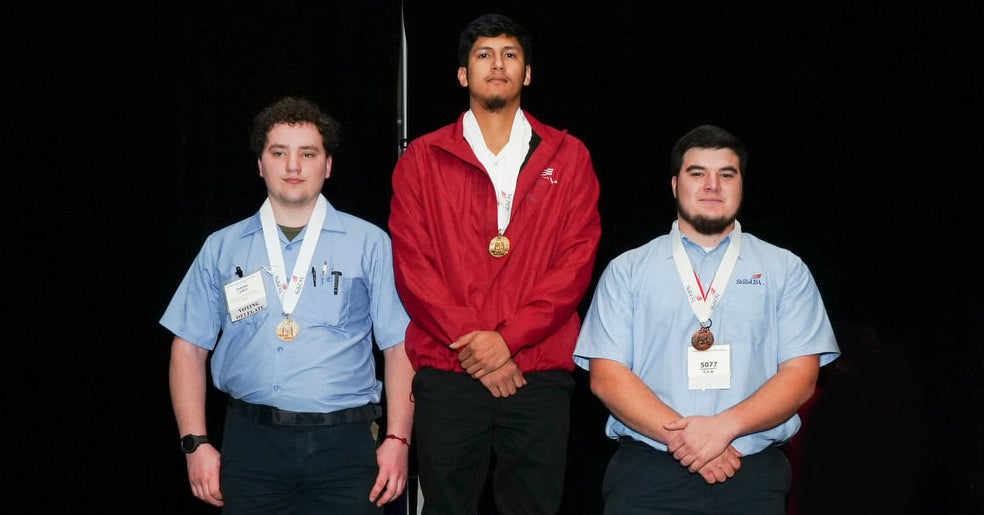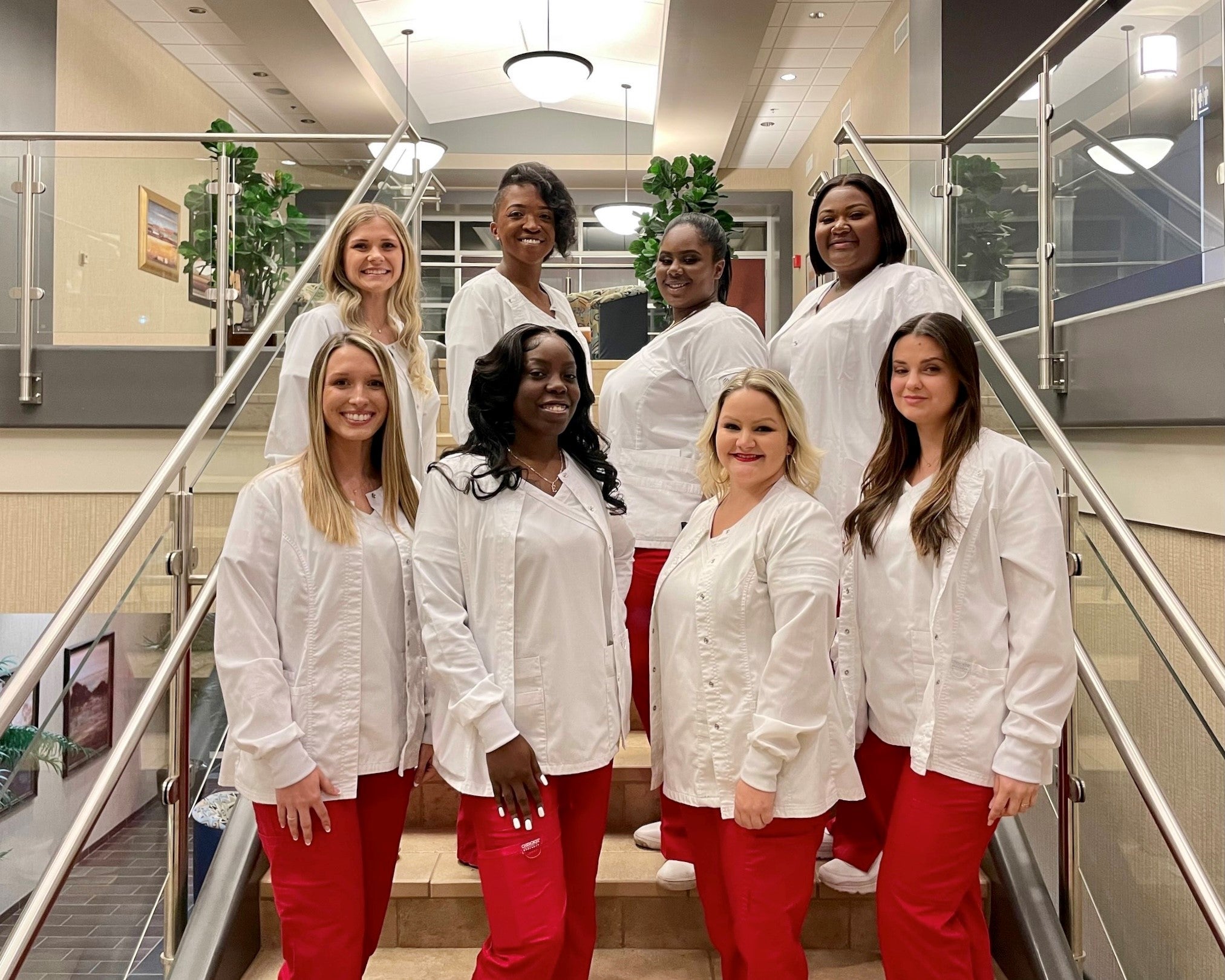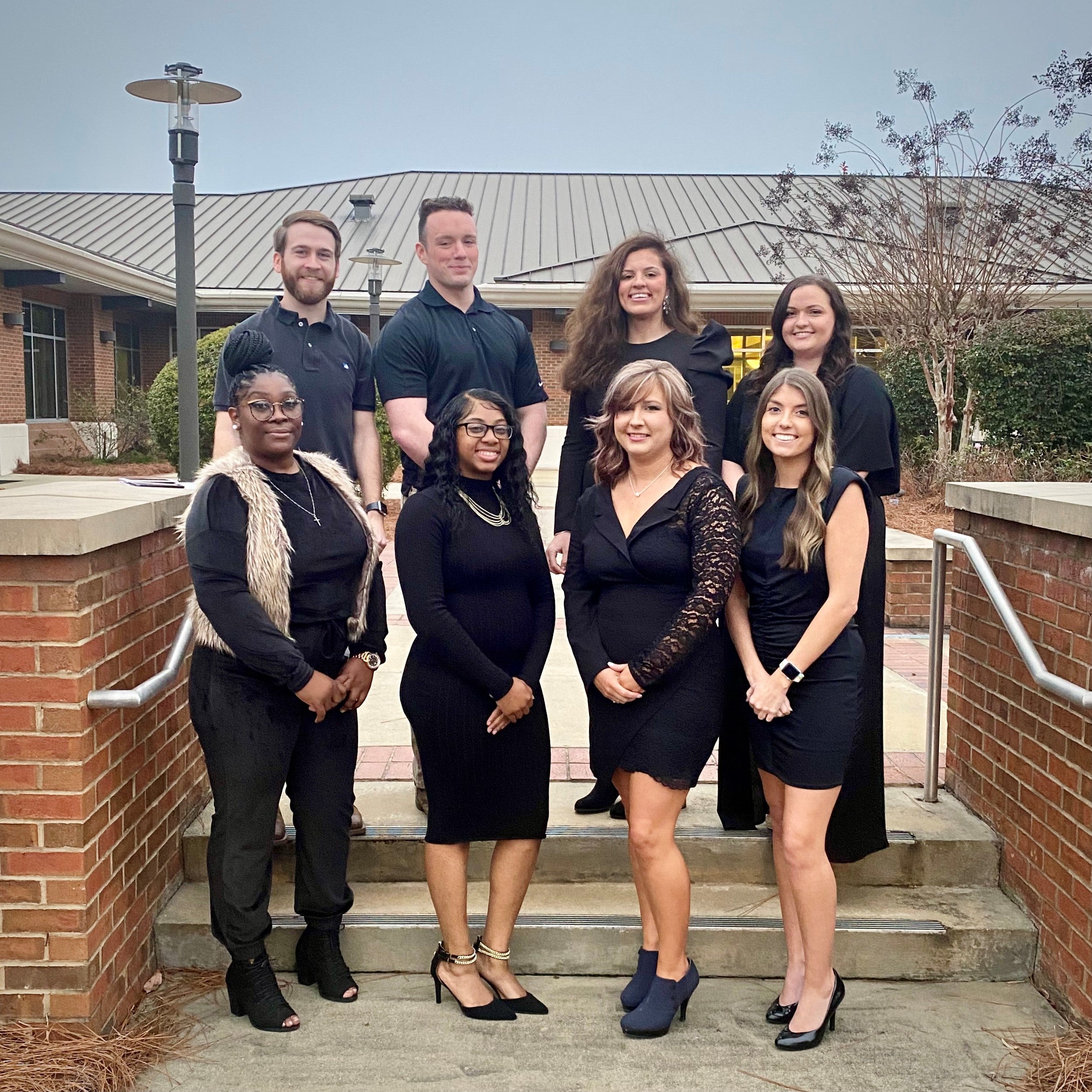BSC grants target high-demand career training
Published 8:48 am Tuesday, August 6, 2013
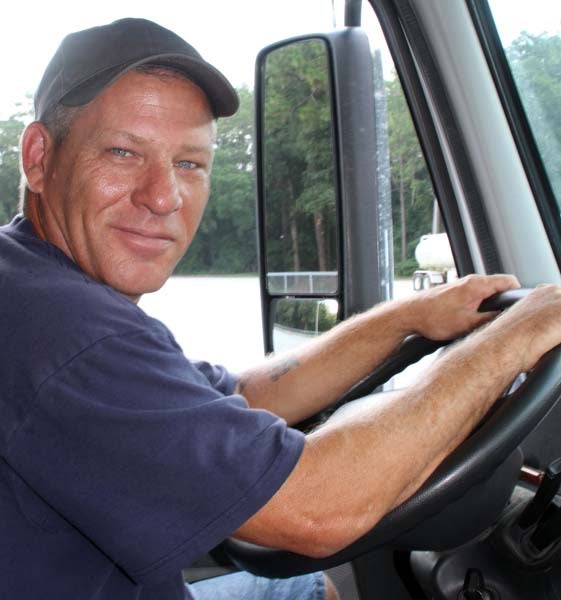
Starting a new chapter of his life, Terry Lankford completes Bainbridge State College’s commercial truck driving program, and is waiting to hear of a new job. Lankford said the HOPE and Workforce Development grants helped him with his future career.
By CAROL HEARD
Communications Specialist, Bainbridge State College
By the time you have read this story, Terry Lankford of Bainbridge is starting a new chapter of his life.
Lankford passed and completed Bainbridge State College’s commercial truck driving program on July 29, and he was waiting to see which of the 10 companies recruiting him would offer him a job. In addition, thanks to a HOPE grant and a Workforce Development grant, his new career has cost him nothing.
“It means everything. It means it was affordable and doable,” said Lankford, who at 44 years old was an unemployed mechanic. “If I would have had to pay any money it won’t have happened because I didn’t have a job. It means my whole future.”
Thanks to the Georgia’s Strategic Industries Workforce Development Grant Award, Bainbridge State students who are receiving the HOPE grant may also be eligible for additional financial assistance for commercial truck driving, early childhood care/education and practical nursing programs.
Beginning this fall, when they are qualifying for the HOPE grant, students can simultaneously qualify at the same time for the Strategic Industries Workforce Development Grant Award through the Technical College System of Georgia.
“With financial aid changes that have occurred in the last few years, there is less funding for educational needs,” said Kathleen Ketterer, dean of Bainbridge States’ School of Health Sciences and Professional Studies. “Many students have had to re-evaluate their educational goals. The HOPE and Workforce Development grants will truly make a difference for those students that qualify and are interested in these three programs.”
To qualify, a student in Bainbridge State’s School of Health Sciences and Professional Studies must be fully admitted to the college, enrolled in one of those three high-demand career programs and receiving the HOPE grant for the same term.
The amount of the award is a fixed amount for each term of enrollment.
Students enrolled in the commercial truck driving program and taking nine hours or more are eligible to receive $1,000.
Students in the early childhood care/education and practical nursing programs taking nine hours or more may receive $500. Students in these two programs, but taking eight hours or less, are eligible to receive $250.
Commercial truck driving instructor Stanley Williams said students who receive HOPE also might qualify for the Workforce grant at the same time, easing the burden of having to apply for extra assistance.
Williams said a displaced worker who qualifies for HOPE and Workforce Development grants could not get a cheaper or better education.
“If you went to a private school and got this training, you would be paying somewhere in the neighborhood of $5,000 with a relatively low passing rate,” Williams said. “Here, you are getting it done almost for free with a 100 percent assessment rate.”
The next commercial truck driving class begins on Aug. 18.
For more information on the commercial truck driving, early childhood care/education and practical nursing programs, contact Bainbridge State’s School of Health Sciences and Professional Studies at (229) 248-2530. For more information on enrolling in these programs, contact the Student Services Call Center at 248-2504.
PHOTO: Starting a new chapter of his life, Terry Lankford completes Bainbridge State College’s commercial truck driving program, and is waiting to hear of a new job. Lankford said the HOPE and Workforce Development grants helped him with his future career.


